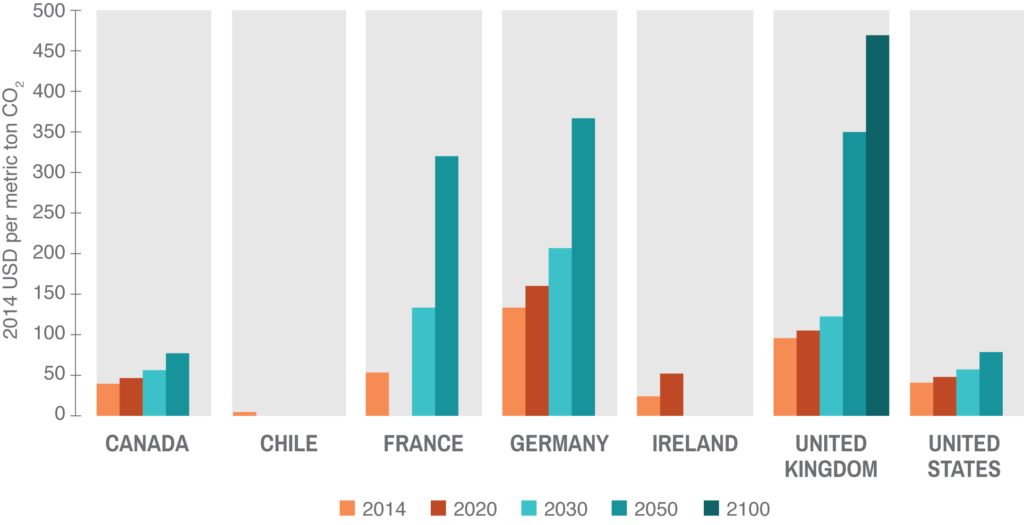For centuries, carbon dioxide and other greenhouse gases (GHGs) have been driving anthropogenic climate change. If the world is to reign in the devastating effects of rising temperatures, countries need to step up their efforts to halt carbon emissions. But how can they do that? Putting a price on carbon may be an integral part of the answer. Several countries across the globe have implemented carbon taxes or intend to do so. Currently, there are 64 carbon pricing initiatives in place, covering 22.3% of global GHG emissions.
Mindful of the untapped opportunities that carbon pricing presents, the United Nations Institute for Training and Research (UNITAR) and the World Bank have come together to develop a course which lays out the ins and outs of carbon taxes. The self-paced, free online course “Carbon Taxation” invites users to learn how carbon taxes work while examining the social, economic and environmental benefits that can stem from this policy tool. This course is divided into 5 modules and takes and estimated time of 12 hours to be completed.

The social cost of one ton of carbon emissions.
During the course, users will learn about different designs that can be used to price carbon. Moreover, they will see that carbon taxes can become an important revenue source, providing crucial funding for governments’ numerous development objectives. By implementing a carbon tax, governments ensure that “bads” such as emissions have an adequate price while protecting the “goods” within a society, such as a clean environment and employment.
After completing this course, users will be able to:
- Describe how carbon taxes work in reducing greenhouse gas emissions
- Outline key considerations that shape the decision to adopt carbon taxes
- Summarize approaches for determining the carbon tax base and rate
- Differentiate main undesirable effects and mitigation measures
- List options for revenue use
Despite not requiring any prior knowledge of the subject, this course primarily targets people who want to build a solid understanding of carbon taxation. People who may benefit greatly from the content of this course are:
- Stakeholders who wish to follow the global discourse on carbon taxation or who are involved in designing and implementing carbon taxes
- Mid-level project developers and policy makers such as representatives from Ministries
- Technical experts and practitioners engaged in country-level work within the PMR
The course was developed to keep you engaged at all times. Over the five modules, you will be presented with interactive activities, quizzes and media. While a modular learning sequence is proposed, users can select modules based on individual preferences. The modules are completed with the purpose of achieving module-specific learning objectives. For the most curious learners, publications and relevant databases will be provided along the way.
The course is available on UN CC:Learn e-Learning Platform and is currently available in English. Upon successful completion, users will get an official UN CC:Learn Certificate of Completion.

